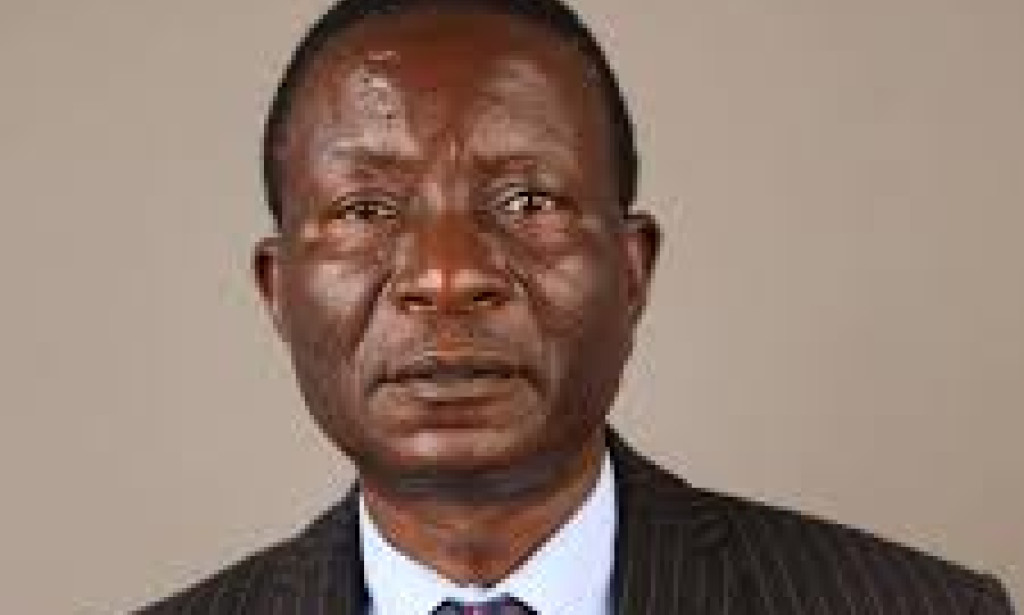In a country where political assassinations have been rare in recent years, the killing of Kasipul Member of Parliament Charles Ong'ondo Were has sent shockwaves through Kenya's political landscape, threatening to unravel the fragile peace between the government and opposition.
The Assassination
On the evening of April 30, 2025, Charles Ong'ondo Were, a member of the opposition Orange Democratic Movement (ODM) party, was fatally shot in what police have described as a "targeted and premeditated" attack. The lawmaker's vehicle had stopped at a traffic light on Ngong Road in Nairobi when assailants on a motorcycle approached. "The pillion passenger approached the vehicle and fired shots at the passenger side before jumping back onto the motorcycle and speeding away," police reported.
Were's driver and bodyguard survived the attack unharmed but were unable to prevent the assassination, despite the area being under CCTV surveillance and having active police patrols. The MP was rushed to the hospital where he was pronounced dead upon arrival.
Multiple Arrests and Gang Connections
In the days following the murder, Kenyan authorities have made multiple arrests. The National Police Service confirmed that the suspects were "positively identified at the crime scene through earlier leads" and that "crucial evidence" had been recovered linking them to the crime.
In a troubling development that suggests the killing may have involved organized crime, some of the detained suspects have been identified as members of the 'Mjahidin' gang, a criminal organization known for armed robberies in Nairobi's Eastlands area. This connection has raised questions about whether the assassination was purely political or involved hired criminal elements.
Political Fallout and Tensions
The murder has immediately reignited political tensions in Kenya, particularly between President William Ruto's Kenya Kwanza coalition and the opposition ODM led by veteran politician Raila Odinga.
ODM leadership has demanded a comprehensive investigation and threatened to "withdraw from the Kenya Kwanza-ODM working agreement if the investigation is not expedited." This ultimatum threatens to collapse the political cooperation pact signed in March 2025 between President Ruto and Odinga, which had brought a period of relative calm after violent protests in 2024.
According to Kenya's Daily Nation newspaper, Were had "openly complained his life was in danger" prior to the assassination. These prior warnings have fueled suspicions of political motivation behind the killing and raised questions about whether the government took adequate measures to protect the legislator.
A History of Violence
While Kenya has enjoyed relative political stability in recent years, the country has a troubled history with political assassinations. The murder of Were brings back memories of other high-profile killings, including those of foreign minister Robert Ouko in 1990, politician Tom Mboya in 1969, and Pio Gama Pinto, who was Independent Kenya's first political assassination in 1965.
Kenya had been experiencing a period of reduced political tensions since 2024, when "a series of opposition-backed anti-government protests" resulted in "dozens of people" dying. President Ruto later appointed members of Odinga's party to his cabinet in an effort to stabilize the political environment.
Pattern of Targeted Violence?
Were's assassination is not an isolated incident of political violence in Kenya this year. Just days before, on April 2, 2025, a vehicle regularly used by Booker Ngesa Omole, General Secretary of the Communist Party Marxist-Kenya (CPM-K), came under gunfire in Nakuru County. The CPM-K claimed this was part of "a broader campaign of attacks against the democratic movement in Kenya."
According to the CPM-K, Omole has "survived two separate assassination attempts" in 2024 alone, including "a high-speed chase in Nairobi's Industrial Area and another during a nighttime raid disguised as a criminal operation." These incidents suggest a potential pattern of increasing political violence targeting opposition figures.
Government Response
President William Ruto has publicly condemned the assassination and promised a thorough investigation. Ruto assured Kenyans that his government "will leave no stone unturned in the hunt for the killers" of MP Were. However, opposition leaders remain skeptical about the government's commitment to finding those responsible.
Interior Principal Secretary Raymond Omollo has urged political leaders to "shun reckless remarks on the murder," suggesting concerns about inflammatory rhetoric that could further escalate tensions. This call for restraint highlights the government's awareness of how quickly the situation could deteriorate into broader political conflict.
International Implications
The killing comes at a delicate time for Kenya's international standing. The country has been positioning itself as a regional stabilizer and mediator in conflicts across East Africa, including in neighboring Sudan and Somalia. Any perception of domestic political instability could undermine these diplomatic efforts.
Additionally, Kenya's relationship with the United States has been in focus recently, particularly following discussions about potentially accepting asylum seekers and refugees as part of new migration agreements. Political violence at home could complicate these negotiations.
Uncertain Future
As investigations continue, Kenya finds itself at a crossroads. The assassination has the potential to either strengthen the country's commitment to democratic processes through a transparent investigation and justice for Were, or it could plunge the nation back into the political turmoil it experienced in 2024.
The outcome will largely depend on whether President Ruto's government can deliver on its promise of a thorough investigation while maintaining dialogue with the opposition. For Odinga and the ODM, the response to their party member's killing will test their commitment to the political cooperation agreement and their willingness to maintain the fragile peace.
For ordinary Kenyans, many of whom still recall the deadly post-election violence of 2007-2008 that claimed over 1,100 lives, the stakes could not be higher. The assassination of Charles Ong'ondo Were has not just taken the life of a legislator—it has potentially jeopardized the nation's hard-won political stability.


You must be logged in to post a comment.